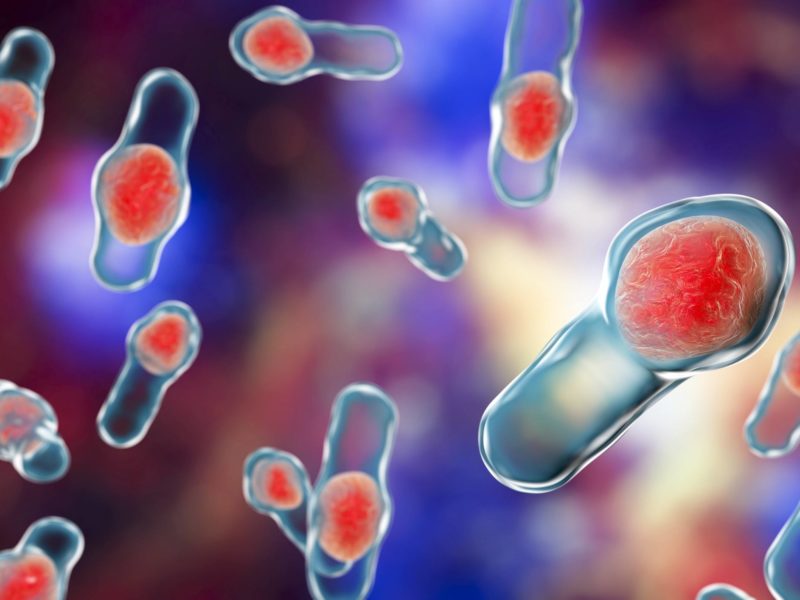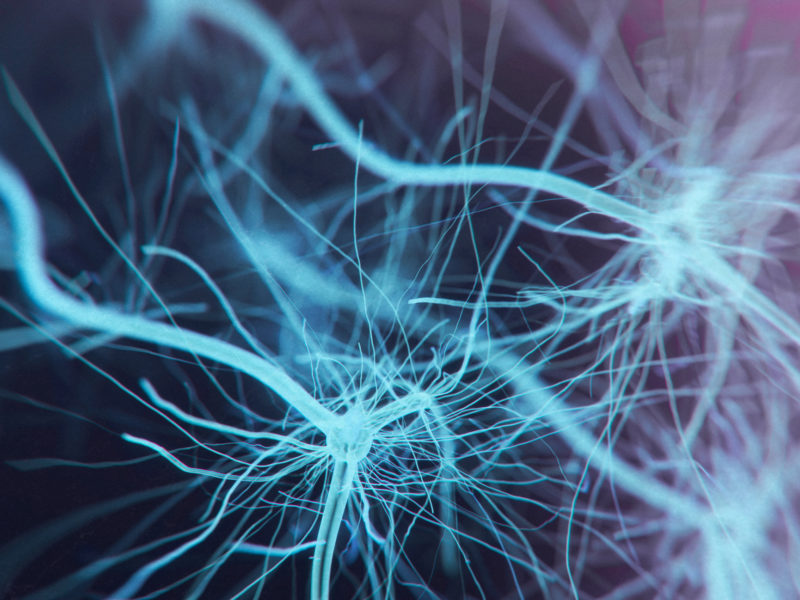Depression And Work

With an estimated 18.8 million American adults (or 9.5 percent of the working population) experiencing depression each year, most people know someone who is depressed—if they are not suffering themselves—and they understand how painful it can be. What is perhaps surprising is that about 80 percent of those with depression have some level of functional impairment as a result, according to the Centers for Disease Control and Prevention (CDC).
Depression is a major cause of disability, absenteeism and loss in productivity among working-age adults, with the CDC estimating 200 million lost workdays each year and a cost to employers of at least $17 billion. However, there is little laboratory-driven evidence of how or why depression impacts physical functioning.
As an assistant professor of Environmental and Occupational Health and director of the NeuroErgonomics Lab at the Texas A&M Health Science Center School of Public Health, Ranjana Mehta, Ph.D., studies the best ways to safeguard worker health and improve their performance. With a grant from the Hogg Foundation for Mental Health, Mehta plans to research how precision motor control might be affected by major depression by looking at associated functional changes in the frontal brain regions. “Knowing how depression impacts brain health,” Mehta said, “I wanted to see why and by how much depression impacts a worker’s physical ability to do his or her job safely.”
“Traditionally, human factors and ergonomics studies focus on operator performance and health in healthy young and older individuals,” Mehta said. Additionally, the research tends to be done in silos, with little connection between cognitive and physical branches of the field. “However, no task is done only using the brain or only using the body.” Mehta hopes this research will help connect the two by demonstrating that depression impacts physical functioning and that the mechanism is neurally-driven, probably in the frontal area of the brain, which controls higher reasoning and executive function. Some of Mehta’s previous research shows that after performing physical and mental tasks at the same time, the prefrontal cortex of the brain had lower oxygen levels, indicating accelerated fatigue development when performing tasks that require high physical and cognitive demands. Her current work will study this relationship in individuals with major depression.
Continue reading on Vital Record.
This article by Christina Sumners originally appeared in Vital Record.





